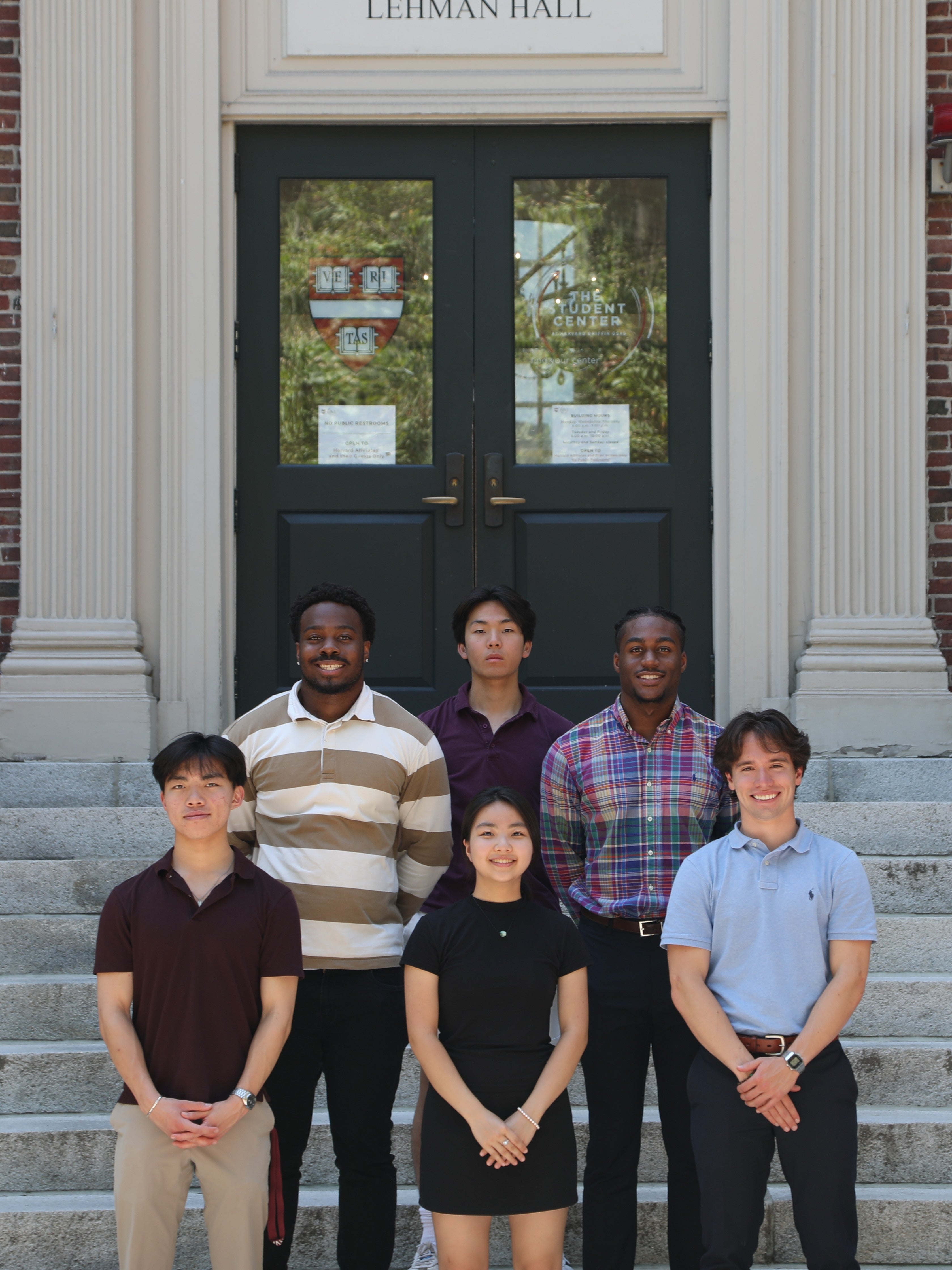By: Jannat Arora
Effects on people and their ecosystem (Family, Business, social circle and future) who are implicated / accused in stringent special laws like PMLA/UAPA/SEBI etc. for political goals by the government?
Abstract
The main objective of enforcing strict special laws like the Unlawful Activities (Prevention) Act (UAPA), the Prevention of Money Laundering Act (PMLA), and Securities and Exchange Board of India (SEBI) laws was to reduce major financial and security risks. The accused, their families, businesses, and social circles each endured severely because of the escalating misuse of these laws for political purposes. This paper analyses the psychological and socioeconomic effects of false accusations made under these laws, highlighting instances in which the government has used them to silence opposing views.
The research paper looks at the psychological effects on accused people and their families, such as anxiety, depression and societal stigma. Notable instances, like Arvind Kejriwal's imprisonment before the Indian general elections in 2024, demonstrate how these laws are used for political misuse and how they influence political narratives. Concern over the unjust use of these laws have grown as the PMLA has only produced 23 convictions in 17 years and the UAPA has a conviction rate of roughly 2%.
The study also examines how judicial delays and media portrayals worsen confidence in the judicial system. The paper argues that judicial protections are necessary to avoid misuse of such laws, relying on expert studies and legal critiques. According to the findings, changes are required to make sure that these laws perform their intended purpose without violating the rights of citizens.
Introduction
Being subject to stringent laws like the Prevention of Money Laundering Act (PMLA), the Unlawful Activities Prevention Act (UAPA), or those enforced by the Securities and Exchange Board of India (SEBI) can have a major effect on a person’s life. Though these laws were established to tackle serious crimes like terrorism and financial fraud, they have been misused as political tools by the government. Additionally, the accused, their families, social networks, and businesses may suffer significantly because of this misuse for political reasons. People’s personal and professional lives are frequently disrupted, and social, economic, and emotional harm is caused when they are charged under these laws without sufficient proof. It impacts the family emotionally and financially, resulting in anxiety, depression, and other psychological disorders. In addition, the expensive cost of legal fees can lead to the financial stability of the family being depleted. Furthermore, their job or business may be disrupted by these false accusations. Such charges, in specific, have a chance to lead to frozen assets, revocation of licenses, or other regulatory actions that disrupt business operations, resulting in a loss of revenue and income, ultimately leading to the loss of several jobs. In India, the government has frequently misused laws like the PMLA for political goals; for example, AAP (Aam Adami Party) leader Arvind Kejriwal was jailed in January 2024 without sufficient proof, Prior to the June 2024 Lok Sabha elections. The AAP claimed that the current government of India was targeting its leaders with the help of the PMLA and the Enforcement Directorate (ED), The supreme court of India granted Arvind Kejriwal Bail in September of 2024, after Arvind Kejriwal’s lawyer argued that the criteria for arrest under Section 19 of the Prevention of Money Laundering Act, 2002 was not satisfied by the ED while arresting Kejriwal.
Thesis statement
While many people think that laws like the PMLA, UAPA, and those implemented SEBI are in place to address serious offences, government of India abuses them as political tools.
Literature review
Strict special laws like the Securities and Exchange Board of India (SEBI) regulations, the Unlawful Activities Prevention Act (UAPA), and the Prevention of Money Laundering Act (PMLA) can have a significant impact on people who are accused for political weapons. These laws can have a profound effect on their personal lives, social circles, and long-term prospects. Researchers argue that even in cases when people are deemed not guilty, such charges frequently result in lengthy court cases, shame, and harm to one's reputation (Chandrachud, 2022). According to Ramanathan (2019), the unpredictable nature and public attention surrounding these situations can lead to strained family relationships, financial difficulties, and a decline in trust among social and professional networks.
These laws have been criticised for being used politically to target opposition and protesters while often ignoring the concept of innocence (Kumar, 2021). Individuals suffer psychologically from stress, worry, and loneliness, which are made worse by the long-term legal process. Furthermore, because news reports often misrepresent society views, the accused's ecosystem—including families and businesses—may experience disruptions and isolation.
Body
In India, people and their ecosystems can suffer tremendously when stringent laws like the Prevention of Money Laundering Act (PMLA), Unlawful Activities (Prevention) Act (UAPA), and SEBI regulations are abused for political ends. Most of these laws has stringent bail conditions where even the highest level of judiciary (the supreme court of India) is scared or anxious to grant bail, even when they know most of the cases under these laws are fabricated with only statements as proof that were written in undue pressure. Resulting in most of the arrested spending years in jail without trials leading to reputational harm, disconnect from society, extreme depression. Extended investigations under the UAPA, with its strict bail requirements, have resulted in people being imprisoned for years under trial, causing families to suffer irreparable mental and financial hardship. Accusations made under the PMLA or SEBI laws can result in asset freezes, a decline in investor confidence, and the failure of businesses, all of which put the livelihoods of shareholders and workers at risk. The bigger effect is that they will have less possibilities in the future since legal disputes, which may go on for years, impede professional advancement. According to research by Scroll.in (2023), selective targeting under these laws weakens democratic institutions and promotes a culture of fear and obedience rather than accountability by eroding public trust in the legal system and government. This emphasises the necessity of judicial protections and changes to stop these laws from being abused for political ends.
The emotional trauma endured by AAP Leaders who were imprisoned for a long amount of time without a speedy trial is shown in a recent documentary called Unbreakable. They share that they were kept in solitary confinement for a long period of time, where they were only permitted to interact with the jail's medical staff and officers and were not permitted to interact with any other inmates, Chief Justice of India , Honourable Justice Sanjiv Khanna commented in open court to enforcement directorate, "Your case will fall flat within two minutes during cross examination” as it is only based on Statements without any actual proof but still he could not grant bail to Shri Manish Sisodia, Deputy Chief minister after stating this in open courtroom(Supreme Court) This shows that how strongly the Investigation agencies like ED can influence the justice system. Finally Shri Manish Sisodia was granted bail in August 2024 after more than one year of this hearing .
“In the Delhi Liquor Policy case, Delhi Chief Minister Arvind Kejriwal was granted bail by Special Judge Niyay Bindu of Rouse Avenue Courts on June 20, 2024. She concluded from her initial examination of the case that there was no hard evidence linking Kejriwal to the profits of the alleged crime. The Enforcement Directorate opposed the bail ruling in an urgent appeal filed in the Delhi High Court the next day. The issue was heard the same day by a single-judge vacation bench of the High Court, which included Justice Sudhir Kumar Jain. The court reserved judgement regarding the ED's request to rescind the bail order. The High Court also held that until the order is announced, the implementation of the bail order will be put on hold, effectively blocking the release of Kejriwal. This shows the influence of Agencies or ruling Party on Judicial officers.
The role of the media which is generally considered as the 4th pillar of democracy other three being Executive, Political (legislative) and Judicial becomes very important. Unfortunately most of the media channels are now owned by corporate sectors and for reasons such as fear , greed or ideological alignments the corporate owned media has stopped reporting real issues and they too work strictly according to governments line of action and thinking, Income Tax Raids on the BBC (British Broadcasting Corporation) office in India in the month of February 2023 after they published a documentary on the Gujrat Riots of 2022. This case is a classic example of how media which doesn’t toe the line of the government is terrorised.
As soon as agencies such as ED, CBI etc., arrest the opposition leaders or individuals such as businessmen in related cases, the media paints them like villains even though a trial has not been conducted on these individuals. This leads to a huge public shaming of the arrested individuals and their families, due to this their families are immediately boycotted socially by everyone because of fear, as these agencies almost terrorise everyone related to the arrested. this leads to lot of embarrassment and even suicides or suicide attempts, depression anxiety etc. for the entire families especially teen-age kids who are socially boycotted in school and even bullied by their classmates. The trauma it creates on teen age children is irreversible throughout life.
Conclusion
There are very serious and profound consequences for people and their ecosystems when strict laws like the Prevention of Money Laundering Act (PMLA), the Unlawful Activities (Prevention) Act (UAPA), and Securities and Exchange Board of India (SEBI) regulations are violated for political ends in India. The UAPA has drawn attention for having a low conviction rate of roughly two percent and for keeping many people behind bars for long periods of time while they await trial, which puts a heavy financial and emotional burden on families. Advocates argue that the UAPA's expansive criteria might be abused, giving the government the power to target people and suppress opposition without sufficient evidence. Like this, the PMLA is currently under question for having a low conviction rate—just 23 convictions out of 5,422 cases filed over a 17-year period—raising questions about its potential use against political opponents and dissidents. The accused and their families experience long legal never-ending disputes, financial difficulties, and social exclusion because of these laws ' expansive terms and strict limitations.
The public's confidence in the legal and political processes is also damaged by the abuse of these laws, emphasising the necessity of judicial reforms and protections to stop their exploitation for political ends.
In nutshell it is media and judiciary which must step up to save the democratic rights of its citizens or else it looks like India in future years India will become an anarchy, a dictatorship or an undeclared emergency.
Reference
Chandrachud, A. (2022). Democracy on trial: The state's role in criminal justice. HarperCollins.
Kumar, A. (2021). Law, politics, and governance in India. Oxford University Press.
Ramanathan, U. (2019). Legal overreach: A study of misuse in special laws. Economic and Political Weekly, 54(12), 45-52.
Sen, G. (2020). The political use of special laws in Delhi protests. Journal of Law and Society, 47(3), 289-310.
Sibal, K. (2024, May 26). The misuse of draconian laws for political gain. The New Indian Express. https://www.newindianexpress.com/opinions/2024/May/26/the-misuse-of-draconian-laws-for-political-gain
Bajaria, J. (2023, March 28). Stifling dissent. Human Rights Watch. https://www.hrw.org/report/2016/05/25/stifling-dissent/criminalization-peaceful-expression-india
Amnesty International. (2023, September 27). Weaponizing counterterrorism: India’s exploitation of terrorism financing assessments to target the civil society. https://www.amnesty.org/en/documents/asa20/7222/2023/en/
Al Jazeera. (2021, August 16). “Misused, abused”: India’s harsh terror law under rare scrutiny. Al Jazeera. https://www.aljazeera.com/news/2021/8/16/india-uapa-terror-law-scrutiny
Desk, D. W. (n.d.). Praful Patel aviation probe to NDTV loan case - CBI closed 174 cases due to lack of evidence in 2024: Report. Deccan Herald. https://www.deccanherald.com//india/praful-patel-aviation-probe-to-ndtv-loan-case-cbi-closed-174-cases-due-to-lack-of-evidence-in-2024-report-3367212
Livemint. (2024, August 7). ED filed 132 money laundering cases against politicians in last 6 years: Govt in Parliament. Mint. https://www.livemint.com/politics/news/ed-filed-132-money-laundering-cases-against-politicians-in-last-6-years-govt-in-parliament-11722993105671.html
Supreme Court Observer. (2024, June 25). Won’t repeat high court’s mistake, if any, Supreme Court says in Arvind Kejriwal’s bail plea. Supreme Court Observer. https://www.scobserver.in/journal/why-must-the-court-be-deferential-kejriwals-counsel-asks-the-supreme-court-in-bail-case/
Mittal, Y. (2024, December 11). 6.42% conviction rate in cases filed by ED since 2019: Union Government tells Parliament. Live Law. https://www.livelaw.in/top-stories/enforcement-directorate-conviction-rate-ed-pmla-278014#:~:text=years%20between%2001.01.-,2019%20to%2031.10.,Sabha%20MP%20Randeep%20Singh%20Surjewala
Wikimedia Foundation. (2024, September 27). Unlawful activities (prevention) act. Wikipedia. https://en.wikipedia.org/wiki/Unlawful_Activities_(Prevention)_Act
YouTube. (n.d.). YouTube. https://www.youtube.com/watch?v=LlTqvapKydk





